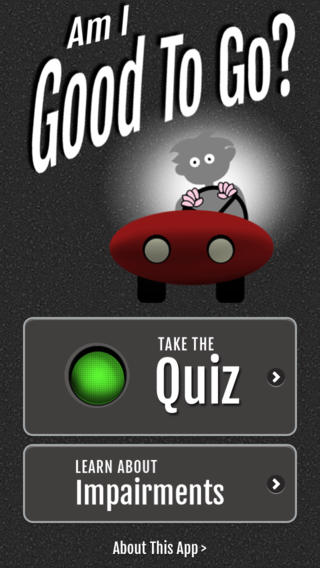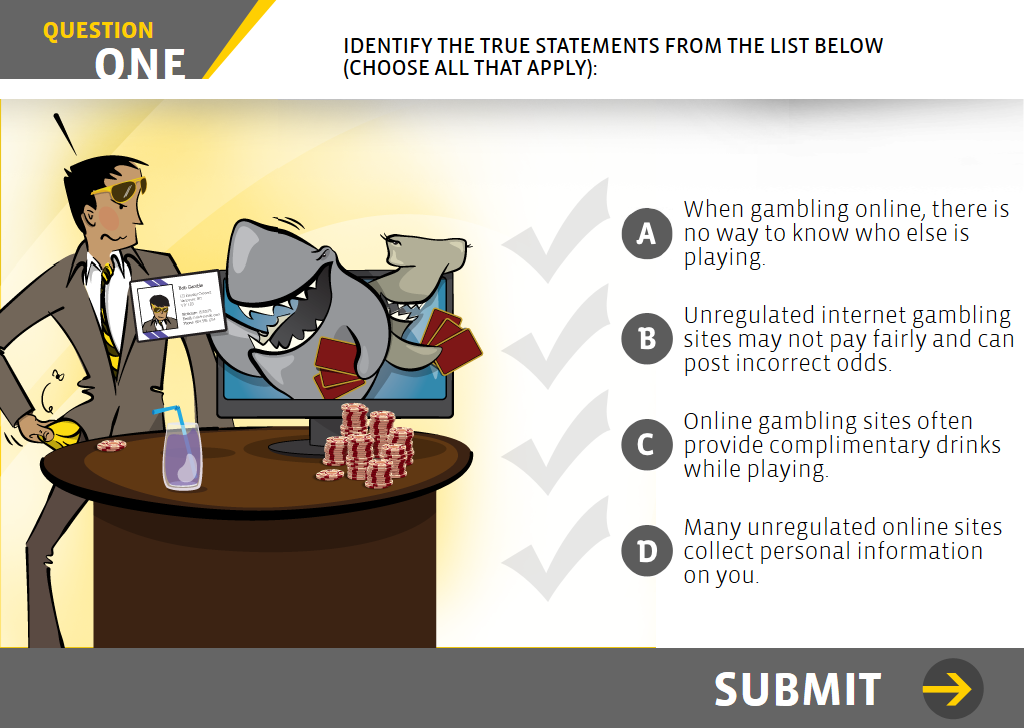When we hear the words “drug education”, we often conjure up an image of a police officer in front of a classroom talking about the dangers of trying drugs. But these outdated (and often ineffective) school-based drug education programs are not the be-all, end-all of drug ed. As the prevalence of alcohol and drug use, experiences of substance-related harms, and societal costs of substance use have increased, so too has the demand for alcohol and drug education and awareness programs.
Today, we regularly see awareness campaigns trying to educate us about the dangers of substance use and offering tips for how to reduce these risks. There are federal policies in place requiring tobacco companies to include health education messages on cigarette cartons. Health service providers deliver alcohol and drug education to patients. Parents often provide informal drug education to their children and the development of new drug education apps and online discussion forums help to facilitate self-education. Broadly, the goal of this type of education is to minimize the health and social costs of substance use on individuals and society. But what should alcohol and drug education actually look like? Who should it target? Who should teach it? And more importantly — does drug education actually work?
These are some of the questions that will be explored in our “Drug Education” blog series over the next few months. We will hear from researchers, non-profit organizations, teachers, students, and peers as they reflect on different drug education philosophies, review the research evidence about best practices for drug education, review a variety of exciting educational tools, and highlight new innovative ways to disseminate drug education. We hope you will share your thoughts on drug education with us over the next few months!
Author: Dr. Kara Thompson, Centre for Addictions Research of BC
**Please note that the material presented here does not necessarily imply endorsement or agreement by individuals at the Centre for Addictions Research of BC.





